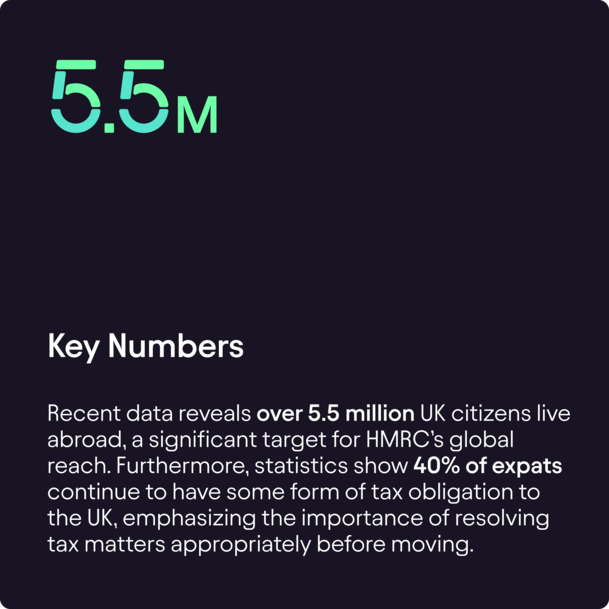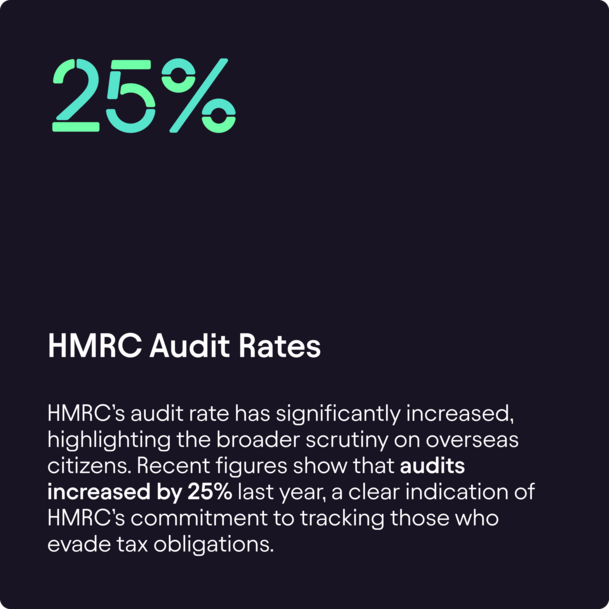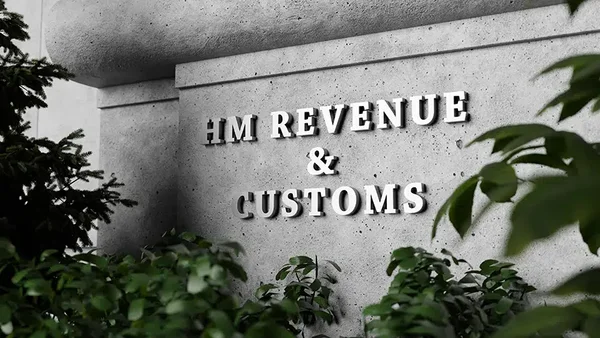Introduction to HMRC Rules for Expats

Considering moving abroad? You might be wondering whether HMRC can still pursue you for taxes. The truth is, moving out of the UK doesn't automatically sever your ties with HMRC. They can indeed follow you to your new country of residence, depending on several factors. It's important to understand HMRC’s powers and how they can affect your tax obligations even after you've left the UK.
In this article, we dive deep into the intricate rules that govern HMRC’s jurisdiction over UK citizens living abroad. By understanding these regulations, you'll be better prepared to manage your finances and avoid pitfalls that could lead to severe penalties. Whether you’re planning to move or have already settled overseas, this information is crucial for managing your tax responsibilities effectively.
With the help of Expert tax assistants available on the Pie app, you can navigate these complexities easily and propose a plan that ensures you remain compliant with HMRC's requirements. Plus, the Pie Tax App makes it simple to handle any lingering tax matters efficiently.
HMRC's Reach Beyond Borders
HMRC holds the authority to pursue UK citizens for taxes even if they move abroad. This includes taxes on income earned in the UK and possibly on overseas income, depending on your specific circumstances and residence status. Tax treaties between the UK and other countries also play a significant role, determining whether HMRC can chase you for taxes and how much you owe.
On top of that, the Statutory Residence Test (SRT) is utilized to establish whether you maintain UK tax residency. Passing the SRT could mean ongoing tax obligations to HMRC, even if you're domiciled overseas. Those failing to fulfil their tax responsibilities risk penalties and legal actions, regardless of their location.


Recognising Dual Taxation
Moving abroad does not necessarily free you from UK tax obligations. Dual taxation treaties between the UK and other countries work to prevent you from being taxed twice on the same income. These treaties help define which country has the taxing right and how much should be paid.
Individuals might find that maintaining compliance with both nations’ tax obligations can be quite complex. However, knowing the existence of these treaties can significantly alleviate the stress of double taxation. Expert tax assistants available on the Pie app can be invaluable in navigating these rules and ensuring compliance.



Understanding Double Tax Treaties
Double tax treaties offer a structured approach to tax responsibilities for expats. These treaties are bilateral agreements designed to delineate taxing rights over shared tax obligations between the UK and other countries. They ensure that income, gains, and profits are only taxed in one country and prevent legal conflicts between tax authorities.
However, navigating these treaties is not simple. It's essential to comprehend the specific rules and regulations applicable to your situation. Expert tax assistants available on the Pie app can provide personalised advice, helping you through these complex agreements. Furthermore, using the Pie Tax App ensures your tax matters are managed efficiently and correctly.
Moving Abroad and Tax Residency
The Statutory Residence Test (SRT) plays a pivotal role in determining your tax residency status. This test evaluates various factors, such as the number of days spent in the UK and personal ties. Passing the SRT implies retaining tax residence, thereby obligating you to disclose income earned globally to HMRC.
For those planning to become non-residents, careful long-term planning is essential. This typically involves cutting certain ties with the UK and establishing a clear, full-time residence abroad. Using the Pie Tax App can simplify this process and ensure full compliance.

Tips for UK Tax Obligations When Moving Abroad

Check your residency status to determine your tax obligations. The Statutory Residence Test will help you understand if you're considered a UK resident for tax purposes.Understand Your Residency Status

Even if you move abroad, you may need to declare your worldwide income. Ensure you report all income sources to avoid penalties and stay compliant with HMRC regulations.Declare Worldwide Income

Explore tax relief options like the Foreign Tax Credit Relief. These reliefs can minimize your tax burden and avoid double taxation on income earned outside the UK.Utilize Available Tax Reliefs

Fun Tax Fact
Did you know HMRC has powers to seize assets abroad if unpaid taxes exceed £1,000? This includes property and bank accounts.
Managing Your Overseas Tax Obligations

It is crucial to stay informed about your tax status when moving abroad. First and foremost, ensure you fully understand your residency status and its implications. Keep meticulous records of your income and any tax paid, as this will be necessary for accurate reporting and compliance checks.
Seek professional advice at every stage of your move. Expert tax assistants available on the Pie app are well-equipped to offer guidance on managing ongoing and future tax obligations. With the Pie Tax App, staying compliant is easier, offering peace of mind and efficiently managing tax declarations.


Summary
Managing tax obligations when moving abroad necessitates a thorough understanding of HMRC’s powers and rules. It’s imperative to understand your residency status, as it determines the scope of your tax liabilities to HMRC. Consulting tax experts and utilising technology will greatly streamline the process of staying compliant.
Double taxation treaties and the Statutory Residence Test are vital tools in understanding your tax responsibilities. With the increased focus of HMRC on expatriates, staying informed and compliant has never been more critical. Expert tax assistants available on the Pie app can guide you through these complexities, ensuring you manage your international tax obligations most efficiently.











